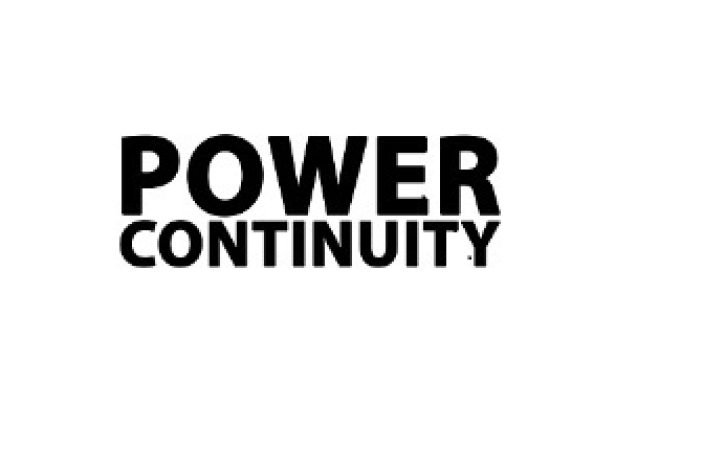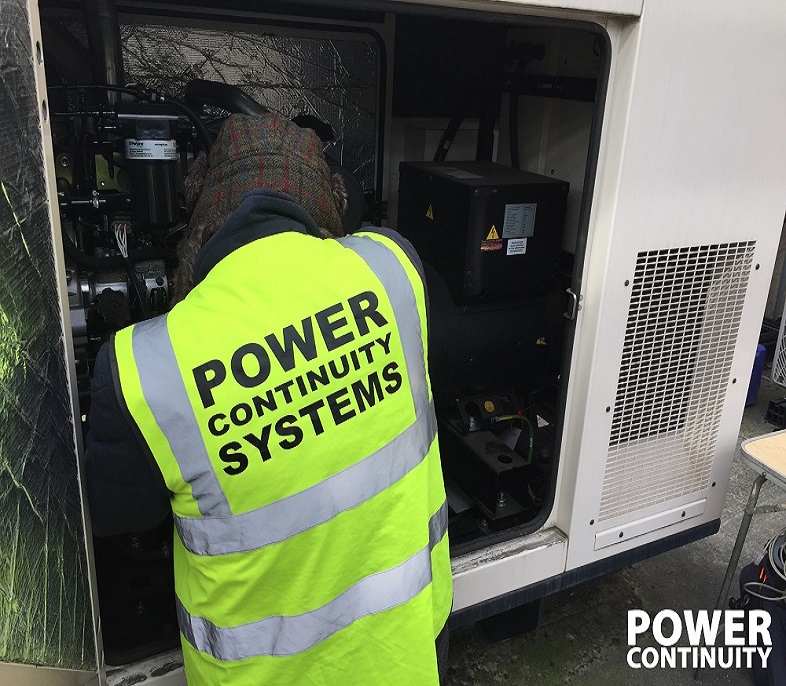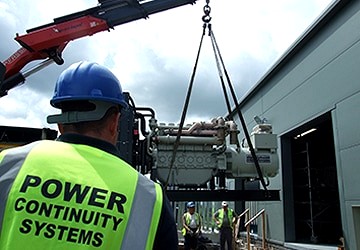
In today’s fast-paced world, where uninterrupted power supply is crucial for both residential and commercial settings, the reliance on generators has become more pronounced than ever. Whether it’s to keep essential appliances running during a blackout or to maintain operations in a business, generators serve as a lifeline when the grid fails. However, merely owning a generator isn’t enough; proper installation, regular servicing, and diligent maintenance are imperative to ensure that it operates efficiently when needed the most.
Generator Installation: A Foundation for Reliability
The process of generator installation sets the stage for its performance throughout its operational life. It’s not merely about placing the generator in a convenient spot and connecting it to the electrical system. A meticulous approach is required to determine the appropriate size and type of generator based on the specific needs of the premises.
Professionally conducted installation ensures:
- Safety Compliance: Adherence to local building codes and safety regulations is paramount. Professional installers are well-versed in these requirements, ensuring that the installation meets all necessary standards.
- Optimal Placement: Proper placement of the generator is crucial for ventilation, accessibility, and noise reduction. Experienced installers assess the site thoroughly to determine the best location for the generator.
- Seamless Integration: Integrating the generator with the existing electrical system requires expertise to ensure compatibility and seamless functionality. This includes establishing transfer switches, fuel connections, and electrical wiring.
-
Load Testing: Post-installation, load testing is performed to verify that the generator can handle the anticipated electrical load effectively. This step is essential to identify any potential issues early on.
Generator Servicing: Prolonging Lifespan and Performance
Regular servicing is akin to preventive healthcare for generators. It’s about identifying and addressing minor issues before they escalate into major problems, thereby maximizing the lifespan and efficiency of the equipment.
Key aspects of generator servicing and maintenance include:
- Routine Inspections: Scheduled inspections allow service technicians to assess the overall condition of the generator, including components such as the engine, fuel system, coolant levels, and electrical connections.
- Fluid Analysis: Regular analysis of fuel and lubricants can provide insights into the health of the generator’s internal components. It helps detect issues such as contamination or degradation early on, preventing potential damage.
- Filter Replacement: Filters play a crucial role in maintaining the cleanliness of fuel and lubrication systems. Routine replacement ensures optimal performance and prevents the buildup of contaminants that can impair efficiency.
- Battery Checks: The battery is essential for starting the generator, especially during emergencies. Regular checks ensure that the battery is charged and in good condition, minimizing the risk of failure when needed.
Maintenance: Sustaining Peak Performance
Maintenance goes beyond servicing and involves ongoing care to sustain the generator’s peak performance levels. It encompasses various tasks aimed at preserving functionality and reliability over time.
Essential maintenance activities include:
- Regular Exercise: Generators should be run periodically to prevent engine corrosion, lubricate moving parts, and ensure readiness. This exercise also helps identify any operational issues that may arise during prolonged periods of inactivity.
- Emergency Preparedness: Maintenance protocols should include provisions for emergency situations, such as severe weather events or prolonged power outages. Ensuring adequate fuel reserves and backup systems can mitigate potential disruptions.
- Documentation and Record-Keeping: Maintaining detailed records of maintenance activities, repairs, and performance metrics is invaluable for tracking the generator’s history and identifying trends or patterns that may require attention.
- Training and Education: Personnel responsible for generator maintenance should receive proper training to perform tasks safely and effectively. This includes familiarization with troubleshooting procedures and emergency protocols.
conclusion
the seamless operation of generators relies on a comprehensive approach that encompasses installation, servicing, and maintenance. Neglecting any of these aspects can compromise the reliability and effectiveness of the generator, leading to potential disruptions and costly repairs. By prioritizing proper installation, regular servicing, and diligent maintenance, individuals and businesses can ensure uninterrupted power continuity when it matters most.












